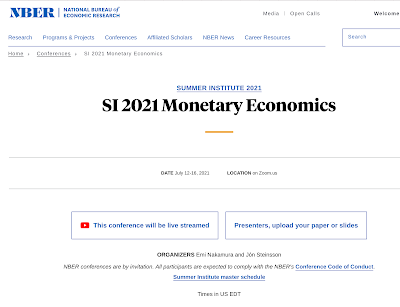Source. My correspondent provides the answer:
5bps: IVV (column #3) (iShares Core S&P 500 ETF)
15bps: ESGU (column #1) (iShares ESG Aware MSCI USA ETF)
30bps: LCTU (column #2) (BlackRock U.S. Carbon Transition Readiness ETF) “Sea change” quote from BlackRock here
I have not independently checked, though the answer hardly matters. The fees and portfolios tell the story. Obviously any claim that this ESG portfolio will outperform after fees is ... strained.
When I did my Senate testimony on financial regulation and climate change, someone (I forget who) suggested that financial regulators need to really crack down on ESG, carbon, diversity, and other virtue claims by investment managers and large corporations. I heartily agree. Of course, we have different motivations. I got the sense that the person suggesting it wanted to make sure companies really did keep all their virtuous promises. I think that being forced to document their virtue, with criminal penalties for securities fraud hanging in the balance, would show just how empty this whole exercise is.
Update: To be clear, I'm all for the free market. If people want to pay 30 bps for glossy feel-good marketing materials (click the above link) attached to their S&P500 fund, more power to them and the producers of such materials. Of course, central banks who have spent 30 years bemoaning "bubbles," "overpricing" "speculative enthusiasms" might not want to be piling on to such efforts. Again.



